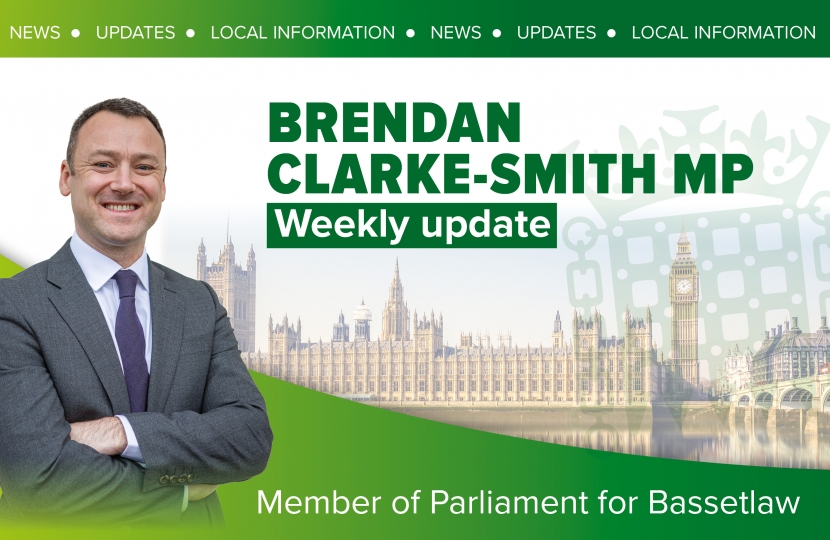
Covid has presented us all with unexpected challenges and it was absolutely the right thing to do to provide extra support during the pandemic. As well as the temporary increase to Universal Credit we also supported people using the furlough scheme, alongside grants for businesses and the self-employed.
All of this comes at a cost though and in total we have spent around £407 billion over a period of only 20 months. At some point we will need to balance the books and this means making tough decisions. We simply cannot continue to spend money at the current levels.
We’ve already extended the Universal Credit uplift for 6 months from March and I think it is wrong to describe it as a ‘cut’, when it has been made clear it was a temporary measure whilst restrictions were in place. It was always due to return to the previous level after this.
It would cost around £6 billion to continue with the extra £20 per week. Added to this, Labour have also regularly called for this to include Tax Credit recipients - which is another £1bn; extend it to those on legacy benefits - £2bn; turn advances into grants - £2-3bn; scrapping the 2 child policy - £2bn; scrapping the benefit cap - £500m; increasing the UC taper rate - which is £200m per %.
Not once have they explained how they are going to pay for any of these things. This is not a sensible way to manage public finances.
To put into context, the 1.25% Health and Social Care Levy is set to raise £11 billion and the one year correction to the Triple Lock around £4billion. This is money that has been set aside to clear the huge backlog in the NHS, which affects so many people, as well as fixing the wider issue with social care. These two issues are absolute priorities for many, and countless numbers of constituents in Bassetlaw have contacted me about access to healthcare.
That £15 billion raised in taxes would be completely swallowed up if we did what Labour wanted and used the money to fatten up the welfare budget. We have also cut around £4billion from our foreign aid budget, which is something they also opposed. Again, no financial alternative was proposed by them.
The furlough scheme saved many jobs and we have also seen over 63,000 young people gaining Kickstart jobs, as well as 85,000 apprentices.
Far from being an unemployment crisis, we have seen the exact opposite and there are currently over one million job vacancies available, which many employers are struggling to fill. This has lead to better wages and more flexibility being offered.
It is not just bad economics to continually throw money at the welfare system - it’s also immensely unfair to clobber working people with further tax increases to cover it.
Universal Credit has been hugely successful in terms of getting people off welfare and avoiding the problems of the old system, which disincentivised work and trapped people on benefits. As we build back better, we now see the opportunities available to help people achieve their goals.
